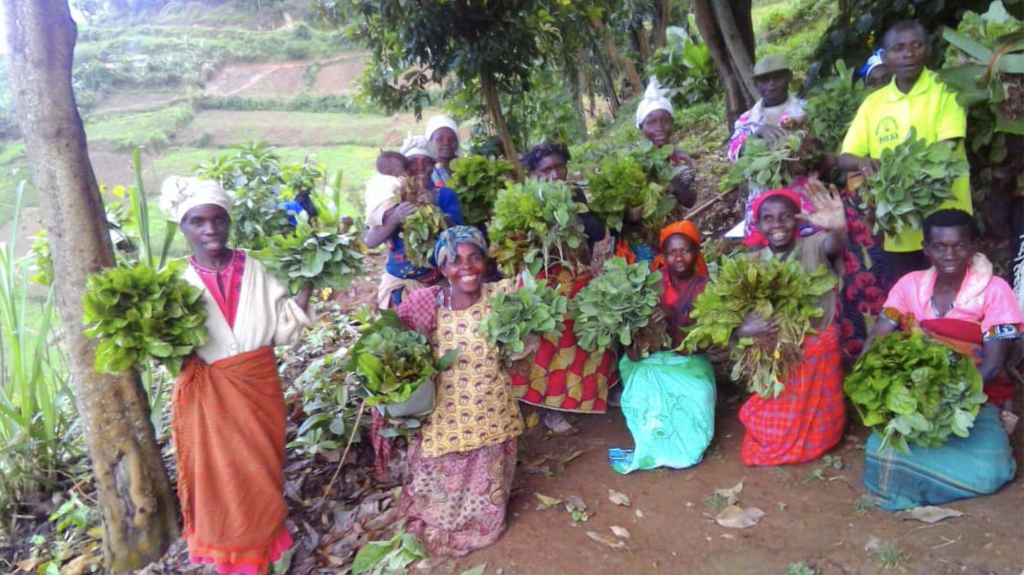
The MBA Aggies Sponsorship Garden
September 27, 2021

September 27, 2021
The mountains of Southwest Uganda are steep and isolating. Roads and transportation are poor at best and livelihoods are mostly centered around physically intense agriculture practices.
For People Living with Physical Disabilities, just living in this region increases the barriers to live a healthy and productive life.
DIG remains committed to serving this unique community and is continually adapting our model to ensure they have the skills and resources they need to provide for their families, give back to their land, and raise their position in society.
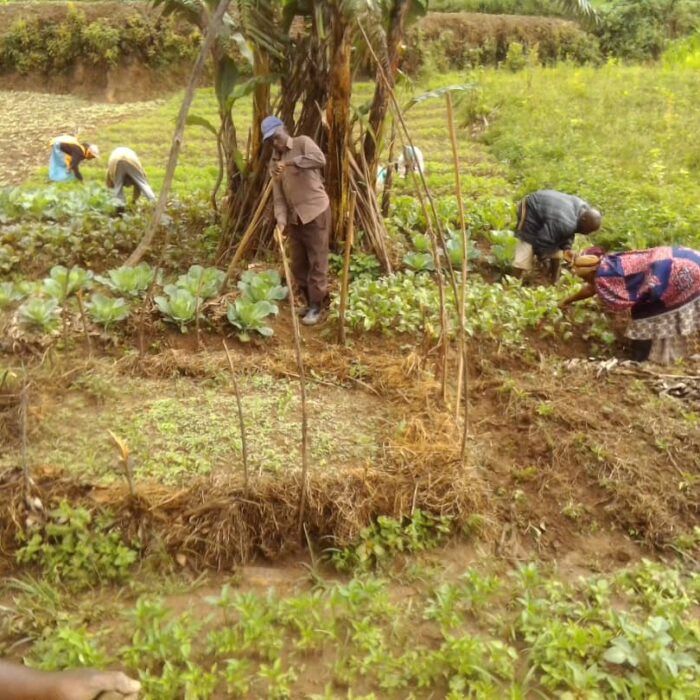
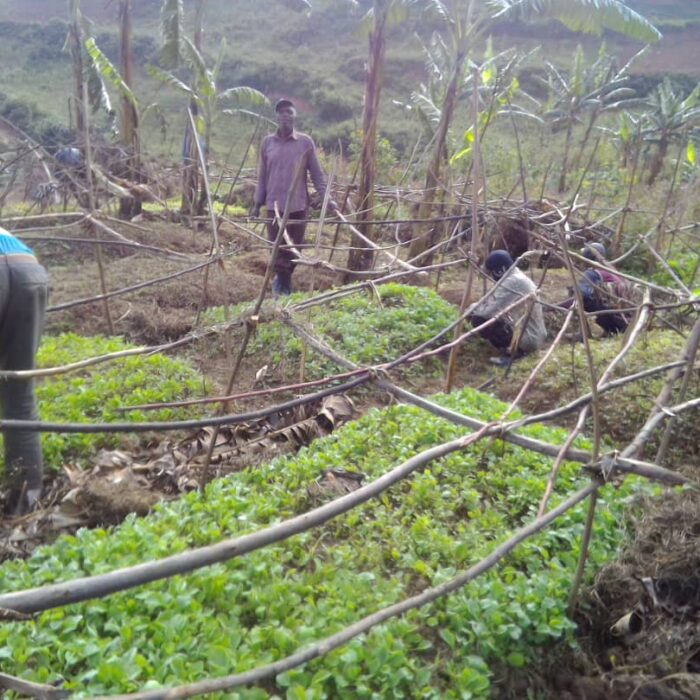
Southwest Uganda’s mountainous landscapes and scarcity of formal markets means that many People Living with Disabilities (PLWD) depend on others for access to food, income, and other needs. Because this population is often dispersed throughout broader communities, lack of formal support and feelings of isolation are all the greater.
DIG has become known in the region for prioritizing People Living with Physical Disabilities. We have designed our program to better support them with caregiver networks and adapted our farming techniques for accessibility.
When the Karyango Abarema Group was formed, they were eager to partner with DIG and quickly found success through the program.
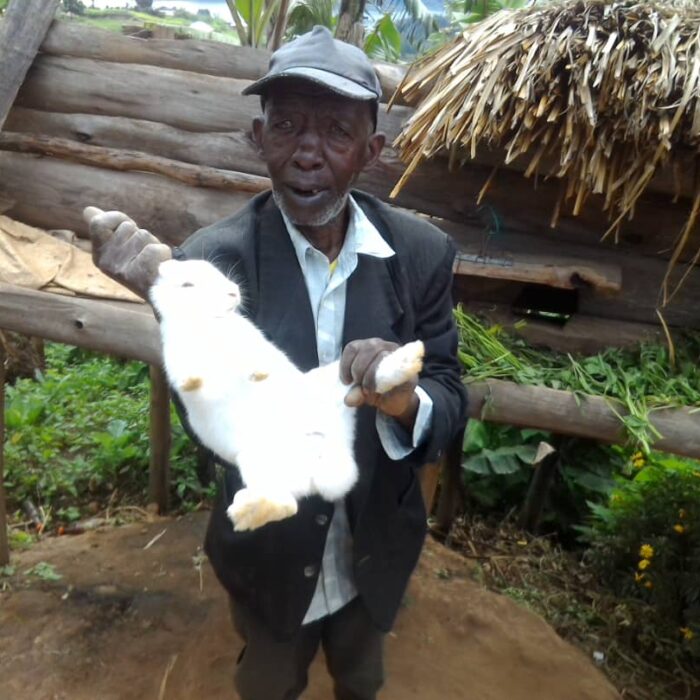
After breaking ground, the group quickly moved through DIG’s weekly training program. They began growing vegetables at the shared learning site as well as back in their individual homes.
After the success of their first harvest season, the group decided to leverage DIG’s Garden to Market Curriculum to start a more formal business. With their earnings, they started a savings group and began planning for an animal rearing businesses. Fairly quickly they saved enough to purchase a pig which they could breed to grow their investment.
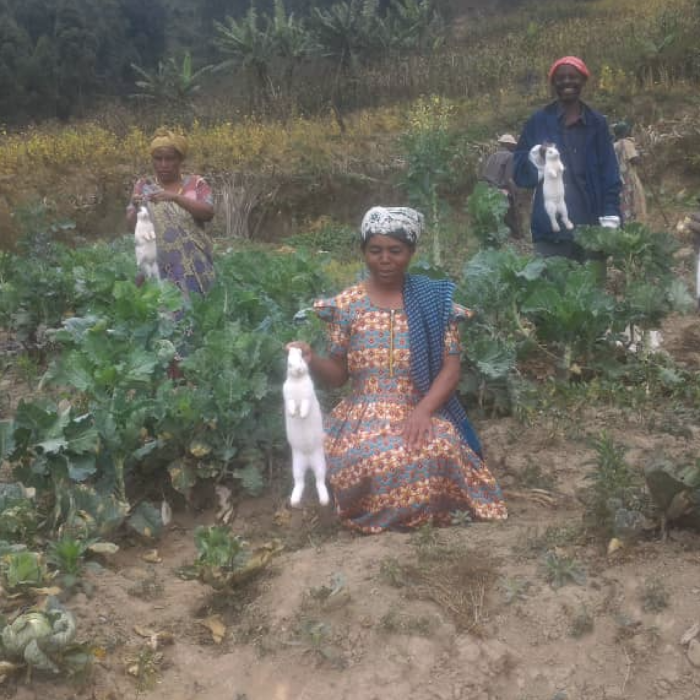
Throughout the Covid19 pandemic, the supply for market vegetables have been unstable. Experiencing this first hand, the Karyango group found their produce was in high demand. The group capitalized on this and by positioning their produce in local markets, they were able to earn a surplus of money. With that surplus, the group went on to purchase six rabbits, which they plan to multiple and share with each group member.